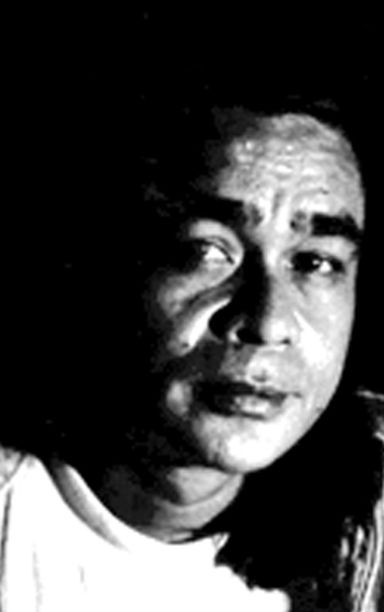
FERNANDEZ
The Rubicon, if you must know, is a small shallow river — a creek to some writers — North of Italy. It marks the border between Italy proper and its northeastern province of Cisalpine Gaul. In 49 BC, Julius Caesar broke Roman Imperial Law by illegally crossing it with his army. Such an act was considered an act of insurrection punishable by death not only for its leader but for his army as well. As one story goes — and there are many — Julius Caesar came down from his horse at the Rubicon’s bank and touched the water with his foot. Then he uttered those now immortal words: alea iacta est. The die is cast…
The term, crossing the Rubicon, survives. It means to pass a point of no return or to cross something of a threshold. It can refer, of course, to a wide array of human acts, like crossing over to the dark side if one is in the side of light. It can also mean its opposite, if one has been on the dark side for quite too long. It all depends on where you are and what threshold is before you that must be crossed.
I have been speaking with children lately. Young people are curious what went on in the time of Martial Law. It seems the hot topic now. But it is a story that cannot be told in fullness at a single sitting. The older man is faced with the immediate impossibility of expressing such a complex story in summary. And that, really, is what young people need, a good summary of almost two decades of the absence of freedom. Ferdinand Marcos was elected in 1969. He was booted out of power in 1986 after a People Power Revolution at Edsa.
And surely at the beginning of Marcos’ reign, most Filipinos were filled either with hope or just simple complacence. There had been suspicions he would declare a state of Martial Law before his term ended. All the warnings were there. But there was nothing much that anyone could do except to helplessly watch as history moved inevitably onwards, which act is something like watching a river. The river flows only one way. And so history came to pass. And for almost two decades people stood by and watched their country fall into tyranny even as their leader became in due course one of the richest men on the planet. How many leaders can literally own a whole country? He could do as he pleased with no one there to stop him. Imagine his wife and family going about the world buying the most “beautiful” things allegedly for their people, most of whom lived in abject poverty. Hard to imagine but true. The narrative is there if you searched for it.
But something of a Rubicon was crossed when Marcos’ arch-critic, Ninoy Aquino, was murdered on the plane that was to take him back to our country. Another Rubicon was crossed when unarmed Filipinos decided to rise up against tanks and the army. The army crossed something of a Rubicon when they decided not to trample over or kill their fellow Filipinos. They joined the revolution instead. Hard to imagine but true. The narrative is there if you searched for it.
Ours is a country where the Rubicon runs everywhere and every which way. And we have once again come to a time when we, especially the young among us, have to come down from our horses to touch the water with our toes. Older people never imagined we would once again come to this. This is not something we wished for, especially for our young. In our dream of dreams, we wished the young would just simply grow in the state of freedom, their democratic rights ensured, and so make our country better, one little young step at a time. For we had learned the lesson of history about what happens to those who surrender their freedom to one who promises them the moon. The older ones among us are dumbfounded that we seem now to have returned back to a time when the name Ferdinand Marcos returns literally from the dead, to once again haunt us with the threat of another few decades of no freedom, another few decades of Martial Law; unless some of us, after feeling the coldness of history with our toes, actually cross this river and say: alea iacta est. The die is cast…
Disclaimer: The comments uploaded on this site do not necessarily represent or reflect the views of management and owner of Cebudailynews. We reserve the right to exclude comments that we deem to be inconsistent with our editorial standards.
